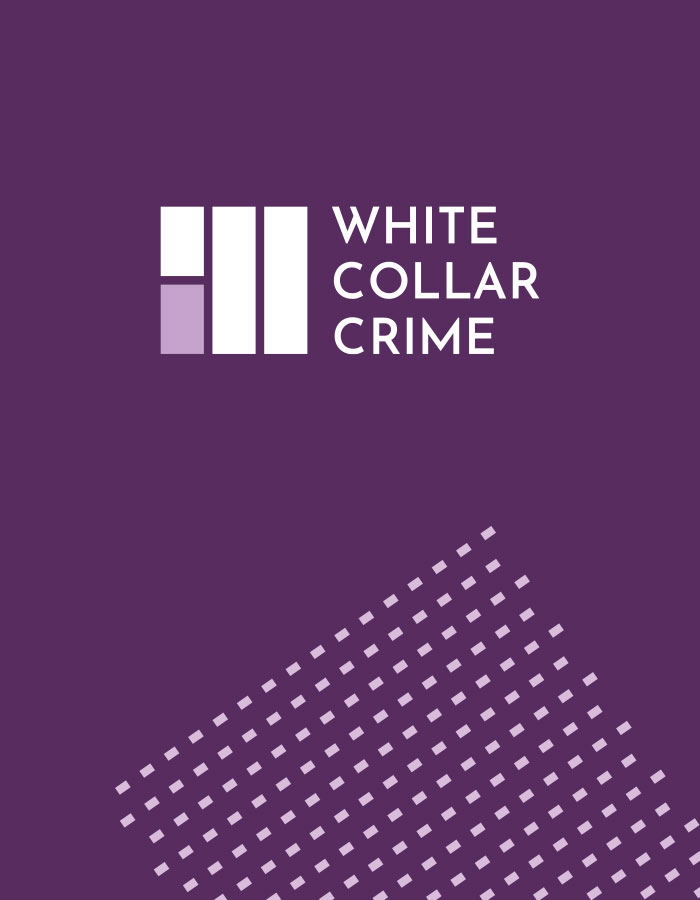Speed read: In this piece, Jonathan Fisher QC discusses the engagement between legal professional privilege and the obligation to report suspicious conduct under Part 7 of the Proceeds of Crime Act 2002. He suggests that greater attention should be paid to the wording of the client retainer letter.
Solicitors will have read with marked concern recent comments by the National Crime Agency (NCA) that
“[l]aw enforcement agencies have identified cases where lawyers have claimed legal professional privilege incorrectly (for example, trying to assert the existence of privileged material to prevent the disclosure of other, non-privileged material), frustrating investigations”
(Suspicious Activity Reports Annual Report 2017, para 7.11). Although the NCA draws back from asserting directly that some solicitors are deliberately subverting legal privilege, this is the clear implication and it is, I would suggest, deeply unfair.
In addition, the Crown Prosecution Service (CPS) has tightened the ratchet regarding legal privilege. At one time the CPS Legal Guidance on Money Laundering Offences made clear that where a solicitor believed information was communicated to him by his client in privileged circumstances and, therefore, did not make a disclosure but, unknown to the solicitor, the client is consulting him or her with the intention of furthering a criminal purpose, legal professional privilege would not apply. However, in these circumstances, where the solicitor had no reason to be aware of the client’s secret purpose, the CPS made clear that he would have a defence of reasonable excuse under section 330(6)(a) of POCA. This concessionary indication has now been withdrawn and does not appear in the present version.
As every litigator knows, the application of legal professional privilege raises complex issues, and the engagement between legal privilege and the money laundering reporting obligations under Part 7 of the Proceeds of Crime Act 2002 (POCA) is particularly challenging. The story begins with Bowman v Fels [2005] EWCA Civ 226, when the Court of Appeal (Civil Division) determined that notwithstanding the omission to mention legal privilege in sections 327 to 329 of POCA, in contrast to the express establishment of statutory legal privilege in section 330, legal professional privilege at common law remained extant in so for as any financial disclosure under sections 327 to 329 was concerned. The legal profession welcomed the decision, even though it left in its wake several difficulties. Statutory legal privilege under section 330 can be raised by accountants and chartered tax advisers, legal professional privilege at common law cannot. Statutory legal privilege under section 330 is wider than legal professional privilege at common law in its application, especially where company employees are concerned. Statutory legal privilege under section 330 is can be claimed as an exemption to the reporting obligation, but this is not mandatory. By way of contrast, legal professional privilege at common law belongs to the client, who has a discretion whether to waive it or not.
In many respects, the difficulties with the application of legal professional privilege at common law and statutory legal privilege are more fundamental, especially where a question arises as to the nature of work performed by a solicitor and more particularly whether it falls into the category of giving legal advice or work in connection with litigation. For example, in the corporate context, determination of the boundaries of legal advisory privilege can present problems in transactional cases, and the rules are complicated to apply. In Balabel v Air India [1988] 1 Ch 317, the Court held that legal advice included “advice as to what should prudently and sensibly be done in the relevant legal context”, but the line between commercial advice and corporate advice remains unclear. As Lord Scott noted in Three Rivers No 6 [2004] UKHL 48,
“[i]f a solicitor becomes the client’s ‘man of business’, and some solicitors do, responsible for advising the client on all matters of business, including investment policy, finance policy and other business matters, the advice may lack a relevant legal context” (at paragraph 38).
Recognising that the determination of this issue may not be straight-forward, Lord Scott added that “[t]here is … no way of avoiding difficulty in deciding in marginal cases whether the seeking of advice from or the giving of advice by lawyers does or does not take place in a relevant legal context so as to attract legal advice privilege”. The comment is especially pertinent in the context of the obligation to report suspicious conduct under Part 7 of POCA where the consequences of making an erroneous determination are horrendous. If a solicitor reports information communicated to him in legally privileged circumstances, the client will be far from amused and vulnerability to civil action comes into focus. On the other hand, if a solicitor wrongly withholds the information in a marginal case, the response of the enforcement authorities is not difficult to predict.
It is not possible to offer an all-embracing solution, but experience in cases of this sort suggests that the area of doubt would be considerably reduced if there was greater clarity regarding the terms of the solicitor’s retainer. Where a large corporate client sending instructions to different departments in a firm of solicitors on a regular basis, there is a tendency for the retainer letter to be worded generically and without reference to the client matter in question. On occasions, the position is even more obscure, as where there are a group of companies and instructions come from different corporate entities within the group. More acutely, the same position can pertain with foreign governments and different ministries within the government. This can lead to doubt over the identity of the client, let alone the nature and extent of the work which is to be performed. And if there is uncertainty as to the identity of the client, the application of legal privilege will be stymied from the outset. The production of a separate retainer letter, more specifically focused on the client matter in question, will create additional administrative work and may momentarily disturb the flow of instructions, but surely this is a small price to pay for achieving clarity over the application of legal privilege, especially where it is a matter which redounds to the client’s benefit.
It makes sense that if an issue arises as to whether a solicitor is engaged in the giving of legal advice or preparations for litigation, the wording of a solicitor’s retainer will provide a good steer as to the nature and scope of the solicitor’s work, and in terms, what service he had been instructed to provide. This is not to suggest that a solicitor’s retainer should be drawn artificially widely, in a manner which does not reflect what the solicitor was instructed to do, since the courts will look at substance and not a label. Also, a Court will not construe a retainer letter as if it was a technical contract, and the wording of a solicitor’s retainer will not always be determinative. But unquestionably it is a good starting point.







